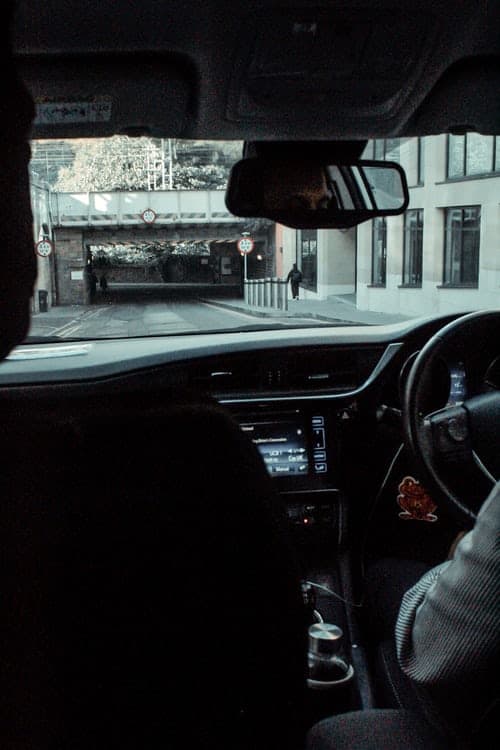While the word ‘millennial’ may initially remind you of avocados and Instagram hashtags, there’s much more to this generation that is perceived to be radical, progressive and in its own words, ‘woke’. Millennials as a cohort are both a researcher’s delight and worst nightmare. This is because they exhibit behaviour that is in stark contrast to the generations preceding them. From consumption and spending patterns to behavioural changes, millennials are an extremely peculiar group.
Experience matters
For starters, millennials are lovers of all things experiential. Millennials seem to love experiential travel, volunteering, going out for fancy breakfasts, wine tastings and the like. Millennials also spend more on comfort. According to an article published by Forbes magazine, over 50% of millennials spend money on taxis and Ubers> This is in comparison to 29% of Gen X and 15% of Boomers do the same. 70% of millennials will spend a little extra to eat at the hip restaurants in town. The same article stated that 60% of millennials spend more than $4 on a single coffee. All these numbers add up to a whole lot of spending. Some experts contend that this increased expense is because millennials are inheriting more money as compared to the previous generation.

However, it would be incorrect to contend that a millennial spends more in every sphere. While they enjoy spending on their Sunday brunches, their daily coffee and their annual backpacking holidays, fewer millennials are buying cars or houses today. In 2019, 51 per cent of millennials were questioning the need to own a vehicle, according to a global study by Deloitte. In the same study, 76 per cent of respondents in India were in favour of connected vehicles. 84 per cent feeling that shared mobility would be advantageous in providing suggestions regarding safer routes.
Millennials and mobility
Deloitte said, “Shared mobility is another trend which is gaining momentum in India. The report uncovers a clear generational divide when it comes to shared mobility,”. The report stated that 51 per cent of Gen Y/Z users in India questioned the need for an owned vehicle. In comparison, only 34 per cent of pre/boomers generation had questioned the need for an owned vehicle.

Today, millennials living in metros and Tier-1 cities are working corporate jobs and earning incredibly well. They have their holiday plans in place and their investments are on track. They value the joy of a single experience over a materialistic possession. The megacities they stay in have everything they need, except ample space. Buying a car in a metro city in India is expensive and the expenses don’t end when the car comes home. In fact, they begin at that very point. With these cities getting congested, parking space becomes an issue and in most residential areas, one must pay a hefty amount for the same. Additionally, paying for parking in all your outings is another cost. Paying toll while commuting within cities also contributes to a higher cost of owning a car.
Shared Mobility
At the same time, with mobility apps developing, the mobility industry is growing exponentially. A millennial books a ride for work before entering the lift and by the time he/she is out, a car is waiting. Shared mobility has made it easier for millennials to commute so they enjoy the perks of having a car. At the same time, they don’t have to worry about a single downside that accompanies ownership.
This interesting development in the consumption pattern of millennials, along with technological progress, have contributed to rapid growth in the shared mobility and luxury mobility space. In metro cities, millennials can get rides to work daily. They can also rent a luxury car for their weekend getaways and big meetings without devoting excess time in arranging these rides.

This amusing relationship between millennials and mobility is as pragmatic as it is astounding. As this cohort literally and figuratively, joins forces in a quest to facilitate shared mobility, the future of the automobile market seems interesting, to say the least.









